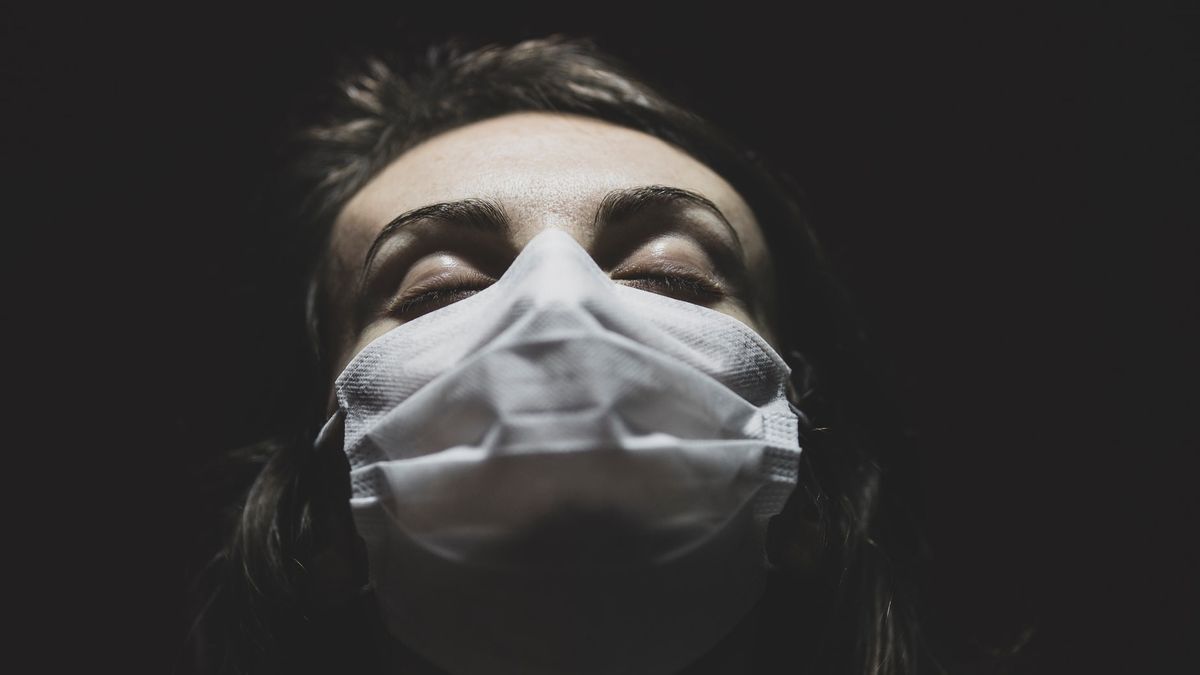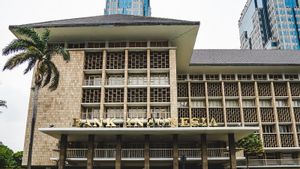JAKARTA - Many people have been affected by COVID-19. But now it's infected again. Don't panic and don't worry.
Professor of the Faculty of Medicine, University of Indonesia, Prof. Tjandra Yoga Aditama said those who had recovered from COVID-19 or survivors, could be exposed to the Omicron variant again.
"There are studies that say two or three or five times more often. There are also other studies showing the relative risk of re-infection 6.36 times in those who have not been vaccinated and 5.02 times in those who have been vaccinated," said Prof. Tjandra via his electronic message, Monday, February 7, was reported by Antara.
The man who was once the Director of WHO Southeast Asia and the former Director General of P2P & Head of Balitbangkes revealed that re-infection can also be experienced by people who have received a booster or third dose of vaccine. This is because the efficacy of the vaccine is not 100 percent.
"So it is still possible that there will be a disease called a breakthrough infection whose degree is assessed in the form of a breakthrough infection rate (B-Infection rate)," said Prof. Tjandra.
Those who have been fully vaccinated still have the possibility of being infected with Omicron, only hopefully without symptoms or mild complaints.
According to Prof. Tjandra, giving a complete vaccine plus a booster will be able to reduce the number of patients being hospitalized and greatly reduce the possibility of the disease getting worse.
"Giving a complete vaccine, especially with a booster, will significantly reduce the number of hospital admissions and greatly reduce the possibility of the disease getting worse," he said.
Regarding policies that can be taken to overcome the increase in cases that have occurred recently, the Director of the Postgraduate Program at YARSI University suggested the government to re-level PPKM and tighten rules in certain situations and modify the stipulation of rules.
"It might be good if it is evaluated how the implementation of the criteria (PPKM classification) is, for example the BOR number depends on how many beds are provided, if the allocation is increased, the BOR will decrease and so on. So BOR must be read carefully," said Prof. Tjandra.
He suggested that epidemiological considerations of increases and decreases in various countries can be used as a guide for how long the PPKM leveling will be carried out.
On the other hand, Prof Fachmi Idris, M.Kes from the Association of Indonesian Muslim Intellectuals (ICMI) argues, seeing the latest developments of the COVID-19 variant and to support prevention and mitigation measures taken by the government and the community, education is needed for the community. related to vaccines and boosters.
In addition, he reminded the public to continue to comply with health protocols, one of which is using N95 masks instead of cloth ones and doing activities online.
According to Prof. Fachmi, the government also needs to tighten the quarantine of people from outside who enter Indonesia and 3T namely Tracking, Testing and Treatment.
The English, Chinese, Japanese, Arabic, and French versions are automatically generated by the AI. So there may still be inaccuracies in translating, please always see Indonesian as our main language. (system supported by DigitalSiber.id)













